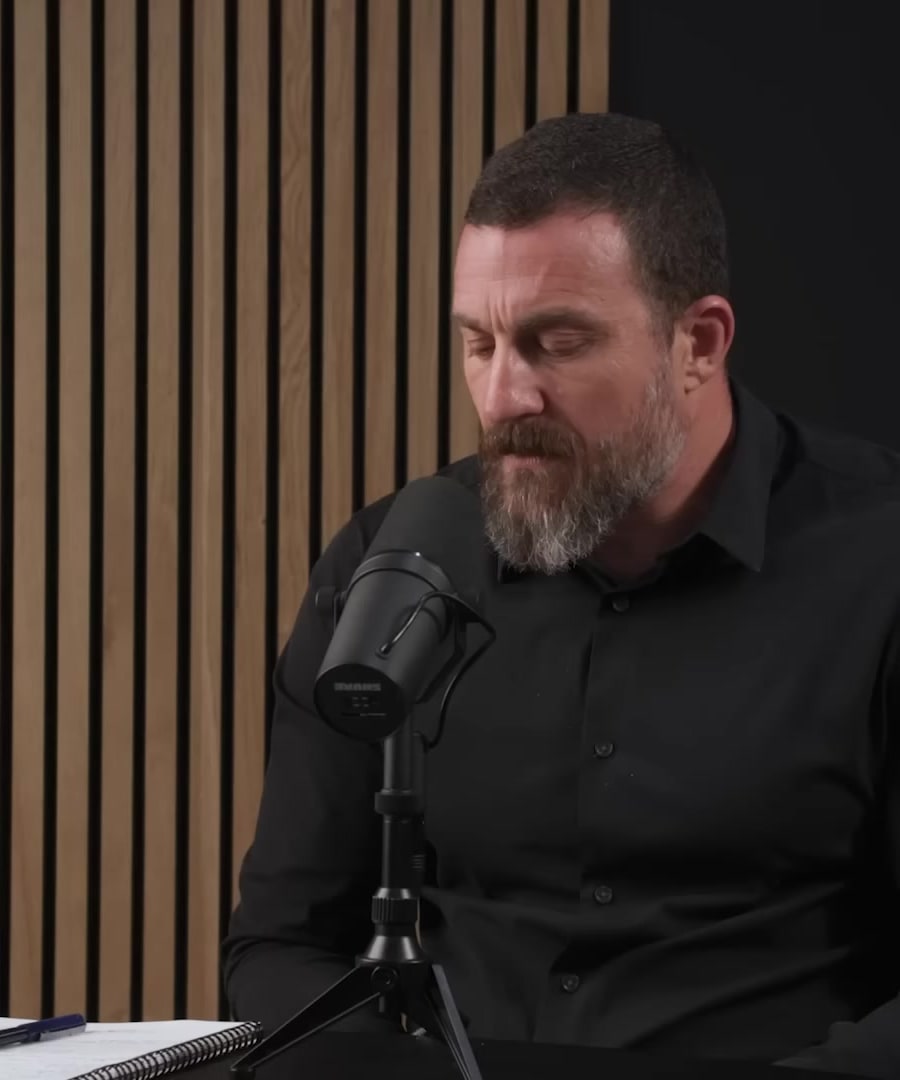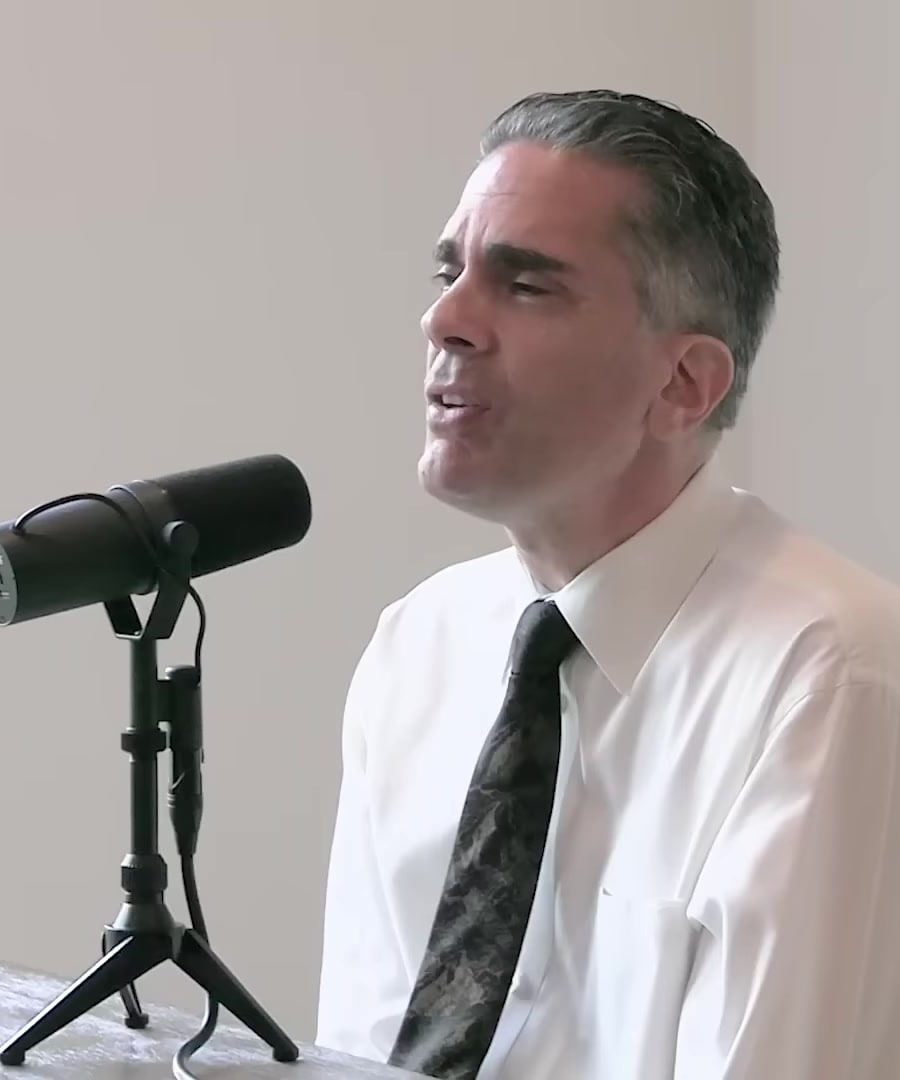Processing trauma by writing
Sources:
Processing trauma through writing involves truth-telling and expressing the deep emotional impact of the experience. Writing aids in organizing thoughts and emotions, which can help manage the distress from traumatic events. mentions that with repeated writing, people often shift their language and narrative structure, creating a more coherent story that fosters deeper reflection and healing 1.
He instructs including facts, emotions felt at the time of the trauma, as well as current emotions, and any links between the experience and present or future plans 2. Bringing a structured approach to writing aids in increasing prefrontal cortex activity and can lead to symptom improvement around trauma 3.
The writing protocol involves dedicated bouts of writing about the traumatic event over the course of several days, with each session lasting 15-30 minutes. This protocol is supported by neuroimaging data and is associated with improvements in anxiety, mood, sleep, and immune function 3 4.
Lastly, it's recommended to work with licensed professionals when processing major traumas. However, the structured writing protocols describes can also complement professional therapy for accelerating processing and therapeutic outcomes 4.
What is not a specific event but constant abuse when I was a child?
Sources:
When discussing childhood trauma that isn't a specific event but rather constant abuse, it's important to understand the lasting impact such experiences can have. and others highlight that trauma can be a persistent state rather than a single incident. Trauma affects the brain and nervous system, leading to maladaptive responses. It can result in confusion about responsibility, often making individuals feel they are somehow at fault for their circumstances, especially if the traumatic experiences occur during formative years like childhood 1.
Furthermore, constant abuse can lead to a heightened sensitivity to fear and trauma. This might make individuals more prone to experiencing distress from less intense stimuli compared to others. The concept of "repetition compulsion" explains how people might unconsciously recreate traumatic circumstances; this is an attempt by the brain to resolve or rewrite the traumatic narrative, even though it leads to recurring distress 2.
In terms of addressing such trauma, suggests that understanding and reshaping the narrative surrounding the trauma are critical. Therapy and structured clinical support can significantly aid in this process, but acknowledging and addressing the cumulative stressors rather than a single event is essential for recovery 3.
For those experiencing ongoing effects of such trauma, connecting with a mental health professional can be a vital step in processing and healing these complex experiences, even if the abuse was not tied to specific events.
RELATED QUESTIONS
Processing trauma by writing
What is not a specific event but constant abuse when I was a child?
- RELATED QUESTIONS






